“My hope is for Dogwood to be a resource that builds the capacity of nonprofits, supports economic development and leverages funds to develop a healthier, stronger region.”

For four generations a member of Fred Jones’ family has lived in Franklin, NC and practiced law at the firm that was started by his great-grandfather. In fact, their roots in Macon County run so deep that his great-grandmother was a member of the Siler family, the original settlers of Macon County, and his grandmother’s house is built around a log cabin that Cherokee Indians traded to Jesse Siler when Macon County was settled.
After attending UNC as a Morehead Scholar and receiving degrees in Economics and Philosophy as well as a law degree, Fred came home to live, work and raise children in the nurturing environment of Franklin. He credits the impact the Morehead Foundation had on his development and recognizes how unusual it is for those kinds of resources to be dedicated to development of young people. Coming back to Franklin was a way to “pay dividends” on that investment. He also wanted to continue the legacy of the family business and still works alongside his father in the law firm.
As a child, Fred saw how hard his dad worked as an attorney, how much time he spent in the community, and how much he sacrificed. Following that example, he and his wife, Jennifer, helped establish Macon County Habitat for Humanity, which is a source of great pride. Fred is also active in his church and has served on the boards of Entegra Bank, Angel Medical Center, Rabun Gap-Nacoochee School, the Rotary Club of Franklin Daybreak and others.
“While health resources to combat the COVID crisis are needed in this current moment, more broadly, we would benefit the most by valuing education and creating job opportunities that would allow young people who grew up here to go out into the world and then bring those experiences back home,” he says.
For that, he believes Western North Carolina needs jobs that pay more than a living wage so individuals and families can thrive.
“Growing up in rural Western North Carolina, you see how it’s a mixed blessing that so many people are able to be content with whatever their situation is, but that can leave you unaware of opportunities for learning and growth. My hope is for Dogwood to be a resource that builds the capacity of nonprofits, supports economic development and leverages funds to develop a healthier, stronger region.”
Address:
890 Hendersonville Rd
Asheville, NC 28803
Mailing:
890 Hendersonville Rd
Asheville, NC 28803
Join our mailing list to receive updates on our latest news, funding opportunities, and more.
© 2024 Dogwood Health Trust. All rights reserved.

Support programs and networks that reduce deaths, treat addiction, and prevent first use

Help reduce disparities based on race, location, education and income factors

Invest in integrated heath care with seamless connections to supportive services

Support communities that promote healthy living and resiliency and help mitigate the impact of trauma, isolation and stress on individuals and families, especially those experiencing poverty

Support a well-funded, sustainable, competitive entrepreneur and small business ecosystem throughout the region

Help build a regional economic ecosystem that supports increased creation/retention of jobs and business ownership

Help build a skilled workforce with the knowledge and technical abilities to excel in a wide range of industry employment opportunities that provide a competitive, sustainable wage

Source, analyze and share a comprehensive, county-by-county data set that paints a full picture of work readiness, economic development and entrepreneurial needs and opportunities specific to Western North Carolina

Work in tandem with Economic Opportunity Strategic Priority to invest in career readiness at the community college and university levels

Support K-12 learning experiences with the resources and sustainability to provide an excellent academic and social-emotional education, so that all students graduate ready for college or career
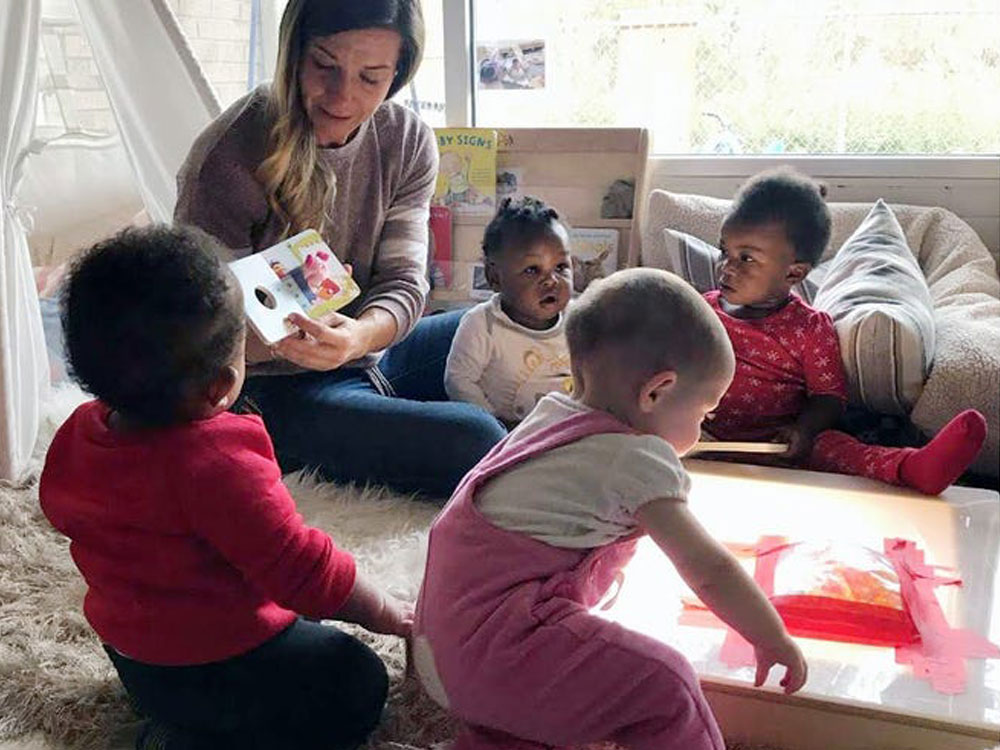
Invest in an improved early childhood education ecosystem with the resources and sustainability to provide developmentally appropriate, affordable and accessible education and care to support ages birth to five, so that all children in WNC enter kindergarten ready to learn

Source, analyze and share a comprehensive set of publicly available data that provides a regularly updated, county-by-county picture of access, workforce and student outcomes in early childhood education and K-12 education specific to Western North Carolina

Loans, guarantees, and other financial tools to leverage funding opportunities
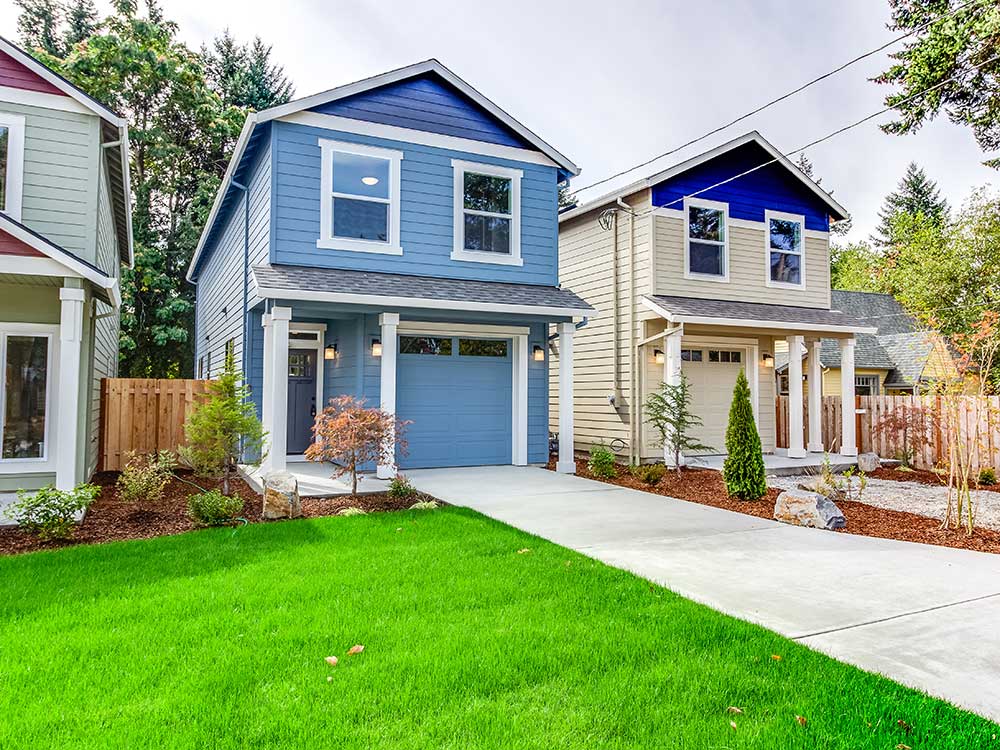
Increase affordable housing for lowest-income individuals and families
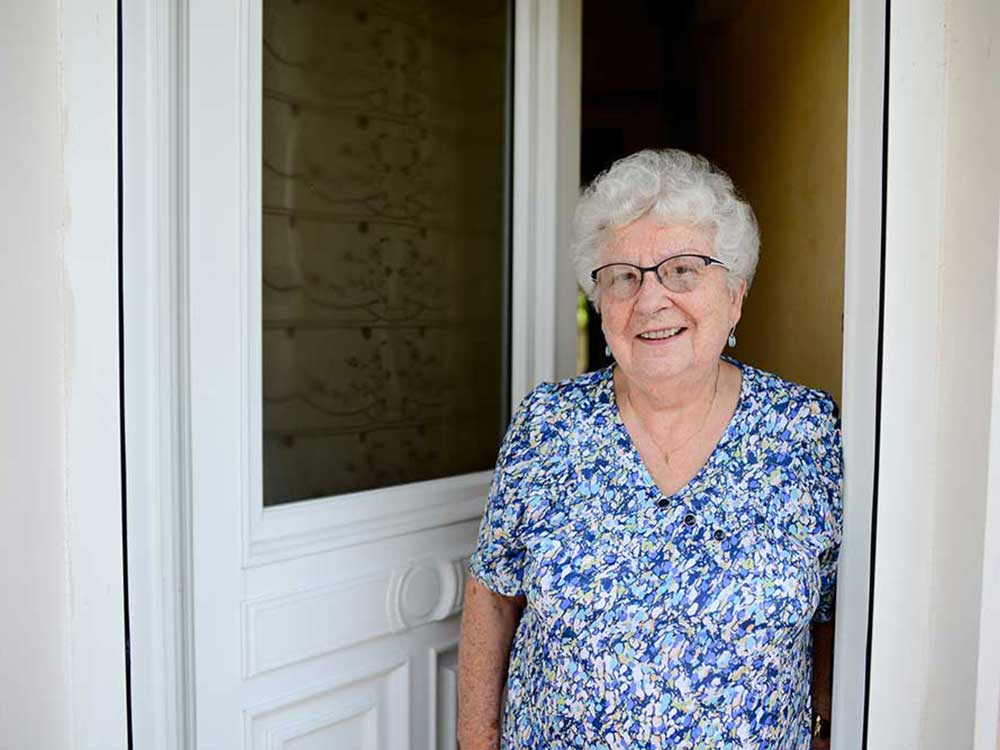
Support age-appropriate resources in affordable and workforce units, rental and owned
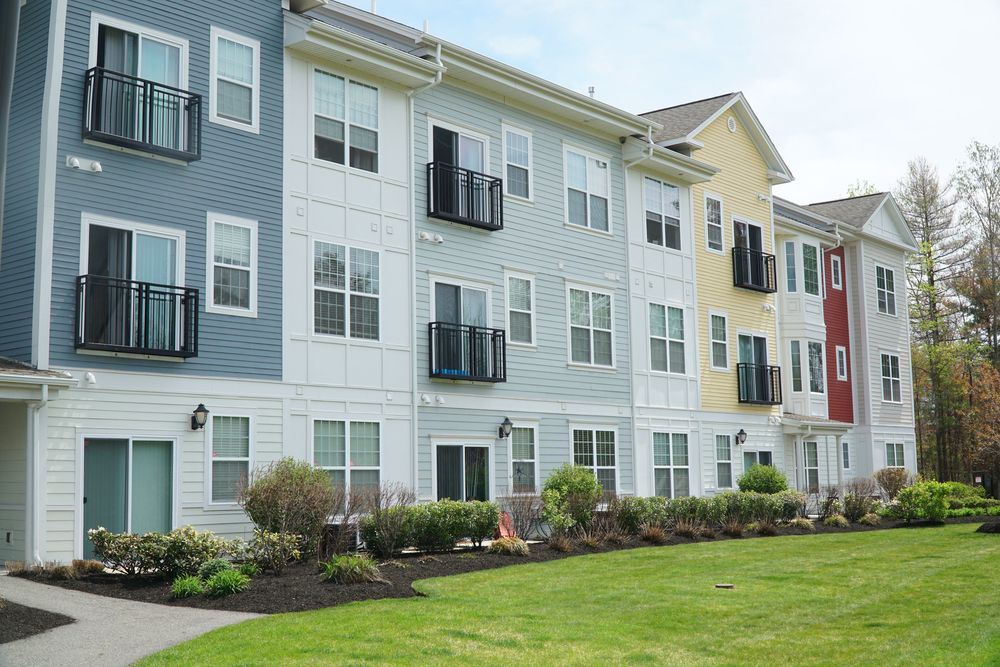
Invest in housing with sustainable supports for physical and mental health and wellbeing
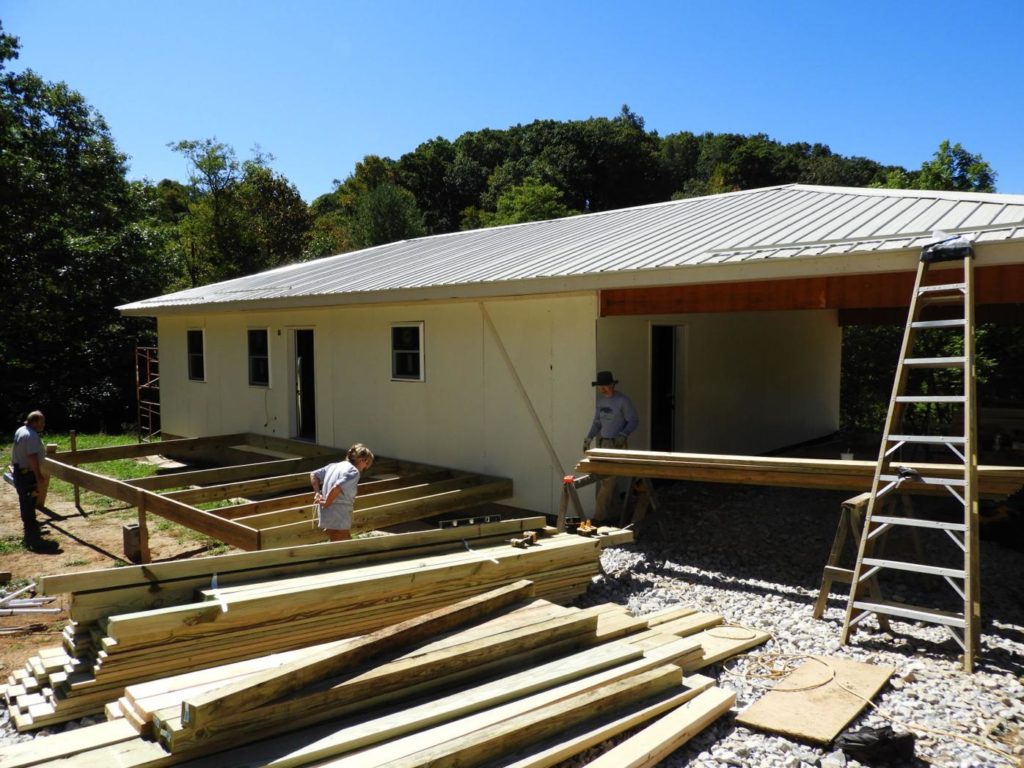
Support healthy and safe revitalizations that work against displacement and gentrification, preserve home ownership and create generational wealth.